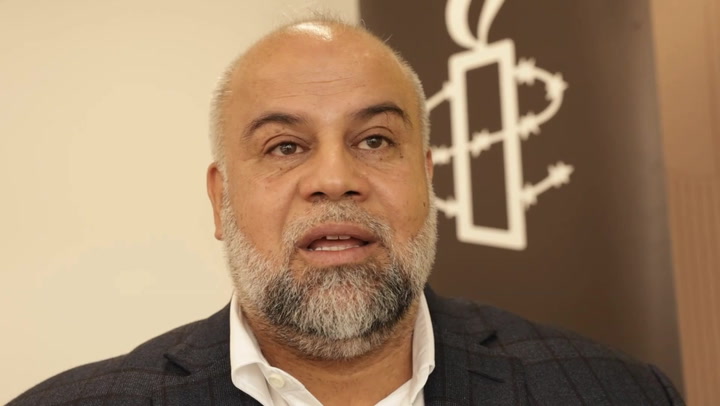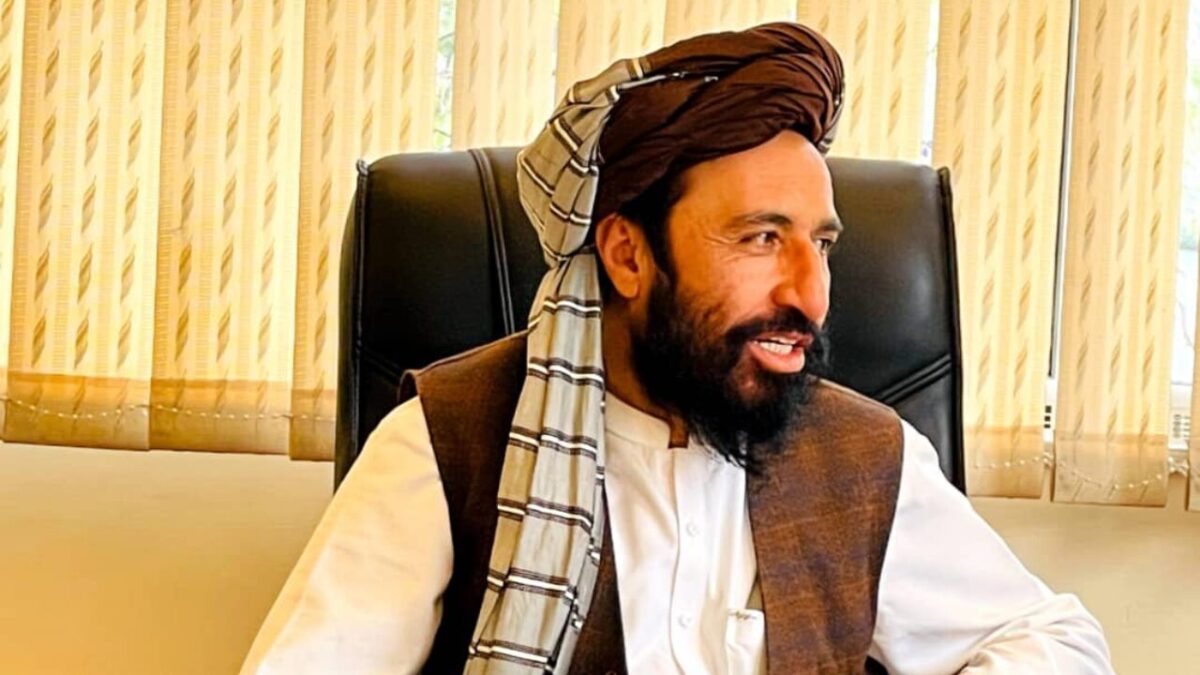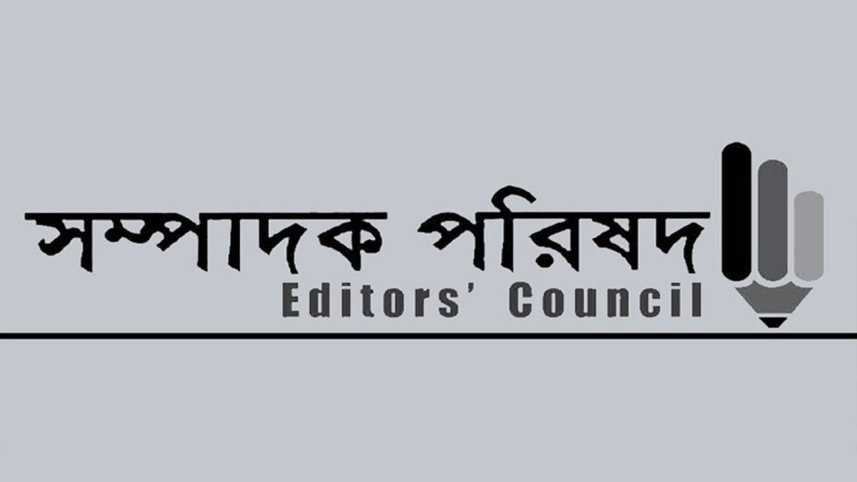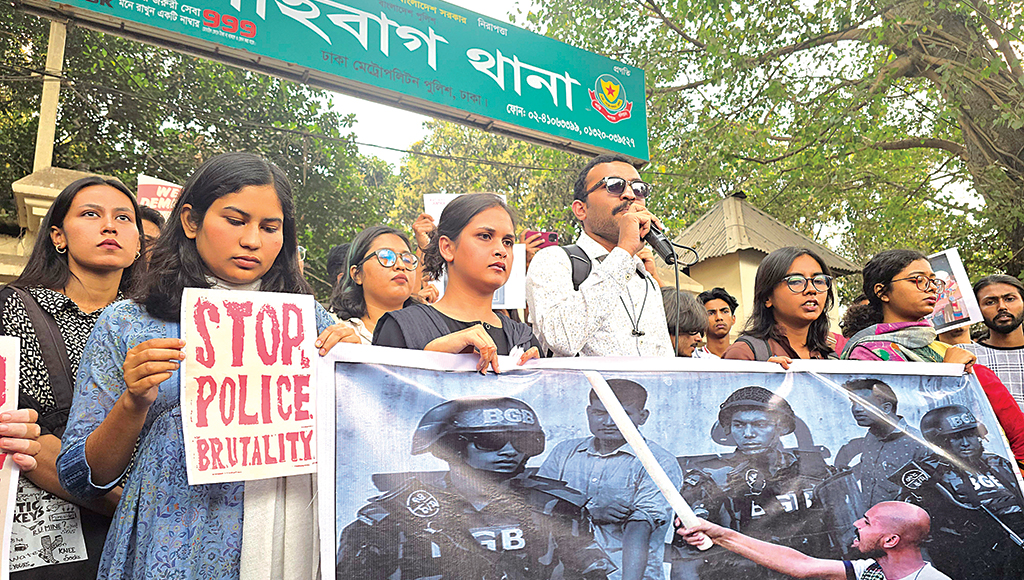
“I Have Lost Everything, Yet I Must Speak”: Wael al-Dahdouh’s Enduring Voice from Gaza
September 9, 2025
Journalists’ Union Joins General Strike, Demands Full Cost-of-Living Allowance Restoration
September 9, 2025September 09, 2025 – Afghanistan –
At a farewell gathering in Paktia province, Taliban commander Mohammad Omar Mukhlis—linked to the Haqqani network—made a disturbing admission: journalists were targeted for execution, had they not managed to flee the country. Mukhlis, about to be reassigned as head of Kabul’s Third Security District, declared, “We would have killed all the journalists… they were not journalists; they were traitors… but they survived, escaped, and reached their masters.”
This statement underscores the grave risks facing media professionals in Afghanistan. Despite the Taliban publicly announcing amnesty, the regime continues a harsh campaign—killing, torturing, imprisoning, and threatening hundreds of former government workers and dozens of journalists attempting even limited media operations.
The timing of this admission is politically charged. Mukhlis’s dismissal reportedly faced resistance; only after mediation by Sirajuddin Haqqani—and the promise of promotion—did he agree to step down, revealing tensions within the Taliban hierarchy between Sirajuddin and Supreme Leader Hibatullah Akhundzada.
Amu TV corroborates the essence of the claim: a Taliban commander branded local journalists “traitors” and acknowledged intentions to kill them, had they not escaped.
In sum, Mukhlis’s confession highlights the enduring peril for Afghan journalists, whose survival often hinges on their ability to flee. It also offers a glimpse into internal power struggles shaping Taliban governance.
Reference –




